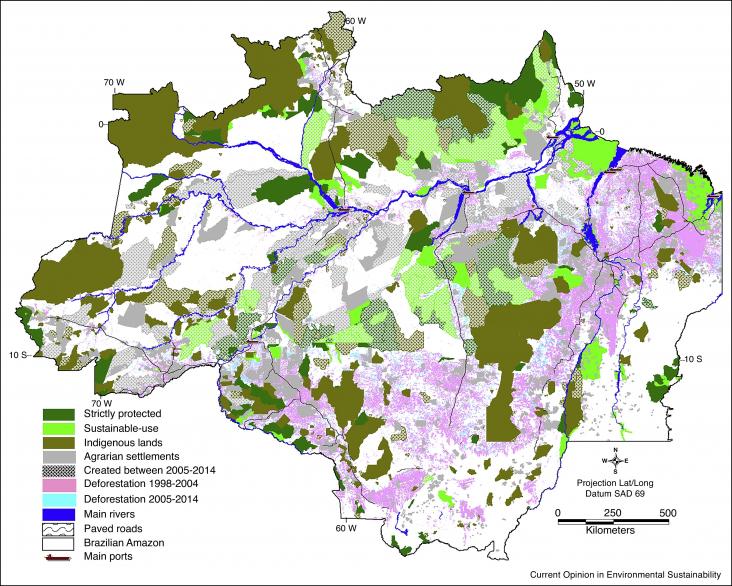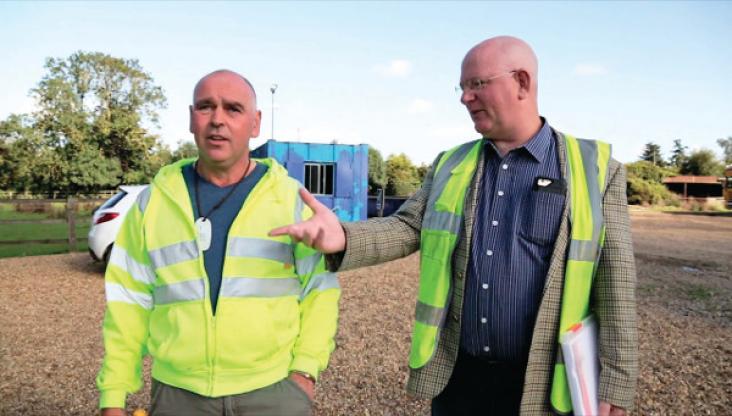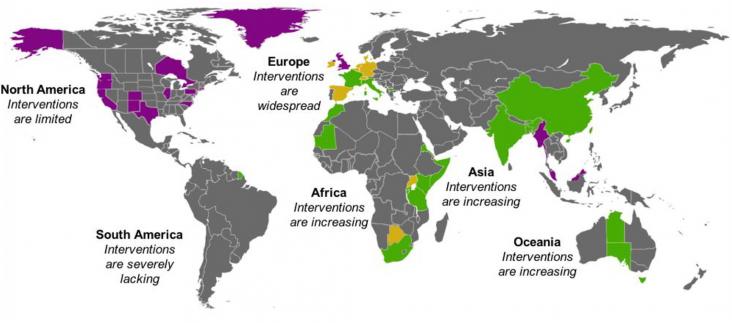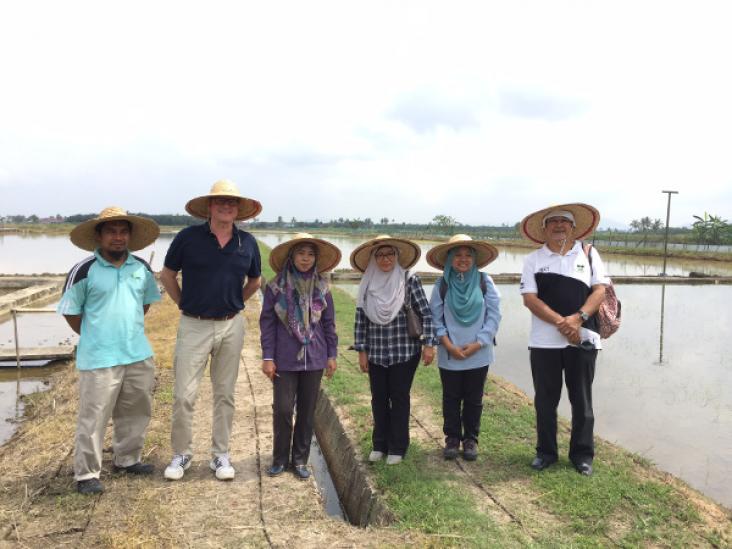
The Brazilian Amazon is being affected by the new worldwide geopolitical transformation that is tending towards an integrated global economy.
Approaches to food security primarily focus on technological solutions, seeking to produce more food, preferably with fewer resources.

At the heart of Responsible Tourism are commitments to transparency and accountability. It is a process of addressing the sustainability issues which arise in a particular place and which the business can do something about, materiality matters. But it is not enough to focus only on the process, it is important to report the achievement. This blog explores reporting frameworks, rating initiatives, certification, recognition and showcases best practice.

Many countries are experiencing economic benefit from a surge in tourism, but once pristine landscapes are changing and local communities rarely benefit from the tourism, and instead run the risk of losing their livelihoods. Researchers in Thailand are investigating “creative tourism” – creative, sustainable approaches to tourism, that enable producers and consumers to relate and get value from their connections. This supports the tourism elements of SDGs 8, 12 and 14.

Finishing 3,000 dairy-bred beef cattle on waste food while producing green energy and fertiliser as by-products is the sustainable model for one Cambridgeshire farmer and his business partner. This approach helps meet the criteria for SDG 7 of access for all to affordable, reliable, sustainable and modern energy and SDG 12 which promotes responsible consumption and production.

It is no secret to anyone living in Beirut or a similar modern city in a semi-arid tropical country in the summer that their home has become a concrete forest and an urban heat island.

Marine plastic pollution has been a growing concern for decades. Single-use plastics (plastic bags and microbeads) are a significant source of this pollution.

Photos of a beach on Henderson Island in the Pacific Ocean provides yet more evidence of the detrimental impact that packaging and other plastics waste is having on the environment globally. Creating a virtuous circle out of what, until now, has largely been a chain of production from feedstock to consumer will not be easy. But it is the innovation aspect that has fired the imagination of producers, processors and corporate consumers of plastics packaging. This fits with SDG 9.4 to upgrade infrastructure and retrofit industries to make them sustainable, with increased resource-use efficiency and greater adoption of clean and environmentally sound technologies and industrial processes and SDG 7 Affordable and Clean Energy.

The marketing value of the concept of ecotourism is now very low, as there is very little evidence that it delivers. Many people in the developing world are unable to visit National Parks and suffer only negative impacts – loss of access for meat, fruits, thatching grass and land for agriculture. How does a consumer or tour operator identify wildlife operators and conservancies that are really making a contribution? Either to wildlife and habitat conservation or to the livelihoods of local communities to ensure that they benefit from conservation?

The winner of the first ever Green and Sustainable Chemistry Challenge, Dr Suzana Yusup, invited Rob van Daalen (publisher Chemistry and initiator of the Challenge) to make a site visit to see the progress of her project "Biopesticide for Improvement of Paddy Yield". The visit made clear that the Elsevier sustainability program and specifically this challenge have a positive impact on health, environment and society in local communities in Malaysia, enhancing efforts to advance SDGs 1, 6, 12 and 15.
